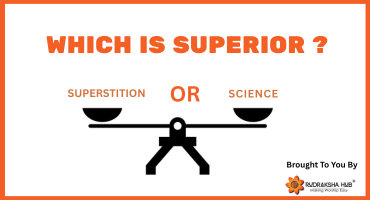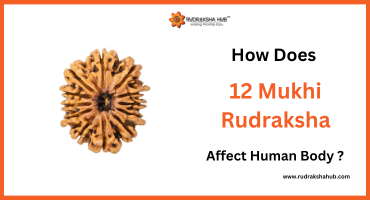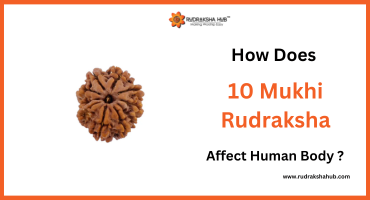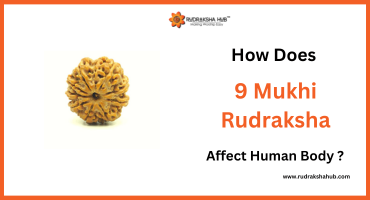
Shrimad Bhagwad Geeta Shlok Blog -63
Shlok-16
नासतो विद्यते भावो नाभावो विद्यते सतः । उभयोरपि दृष्टोऽन्तस्त्वनयोस्तत्त्वदर्शिभिः ॥ 2-16 ||
English Transcription
Naasato Vidyate Bhaavo Naabhaavo Vidyate Satah | Ubhayorapi Drishtoantastwanayostatwadarshibhih || 2-16 ||
Hindi Translation
Asata ka to bhaav satta vidyamaan nahin hai or sat ka abhaav vidyamaan nahin hai. Tatwadarshi mahapurushon ne in dono ka hi tatva dekha arthaat anubhaav kiya hai.
English Translation
There is no becoming from the non-existent, nor any unbecoming of the existent. The boundary between these two has been perceived by those who see the basic principles.
Meaning
In the previous Shlok, we saw how Shri Krishna told the formula to be capable enough to gain new knowledge and become the perfect reason for being alive and on earth as a human. He tells that controlling emotions is not needed because the person needs to see something new and something different. It is because the person needs to know the need to know something new and something different so that everyone can do something new and something different and fulfill the reason they were needed to be a human and also prevent the soul from going into the useless, painful and endless journey of reincarnation.
In this Shloka, we will see how Shri Krishna tries to collect everything together to make a segue for entering a deeper meaning of life, birth, and death after having established the truth of the cycle of time and life and birth and death.
The body was not available before birth and will not be available after death. It is deteriorating day by day every time. This also means that the past, present, and future of the mind and body are not the same and will not be the same.
Shri Krishna mentions that the body of a human being is just a very small part of the living side of the world. It was the tiniest part of the living forces, and it will also be the part of the tiniest forces. It will keep being the small part of the tiniest zone of the body.
Shri Krishna goes on to give an example. If you blaze fire on a dry wooden stick, there will be ash left of the wood once the fire is burnt. This means that whatever the cause, the body has to finish off and it is also like the wood wherein time is the fire and it will go out after some time. Till then, if the wood is able to give warmth to someone, its sacrifice will be remembered for good.
Technically, wood still remains because after the wood turns to ash, that ash gets mixed in the ground soil or in the waters. This soil and water makes new seeds grow into trees and these trees give new wood. So the wood dies, but it still never dies because it dies to give birth to new wood, and in the process, it becomes of some use to someone who could really use some warmth for comfort or cooking or safety or celebration or light. There can be innumerable things the wood can do, and similarly, cna human beings also when alive if they really use their brains.
The only difference between wood and humans is that wood has to be put to some use and humans are the ones who can put themselves to some use.
Conclusion
There are three things to learn from this. One, the world as seen by one will not be the same as seen by someone else because it will keep changing with different people and passing the time. So there is no use thinking about what was and what will be because it will not be as is again ever for anyone. Two, nobody can function without knowledge and no knowledge can be accumulated without desire and no desire can be kindled without belief in God. So the only thing ever existing will be to trust the process and trust the divine power and act as per instructed while using a little bit of mind but not letting emotions come in between any major decision-making capabilities. Three, no one holds the right to question what was and what is for what will be because that is a plain and simple wastage of the lifetime allotted to someone, and if that is the case, there is something everyone needs to know, majorly, grieving and grinning is equivalent to punishing oneself and when nature wants the soul to work and retire, the human mind trying to interfere with that is a sin and a punishable offense.
That's it for Shlok-16, Chapter-2 of Shrimad Bhagwat Geeta. We will see you again tomorrow with Shlok-17, Chapter-2. Till then keep reading and keep smiling.














